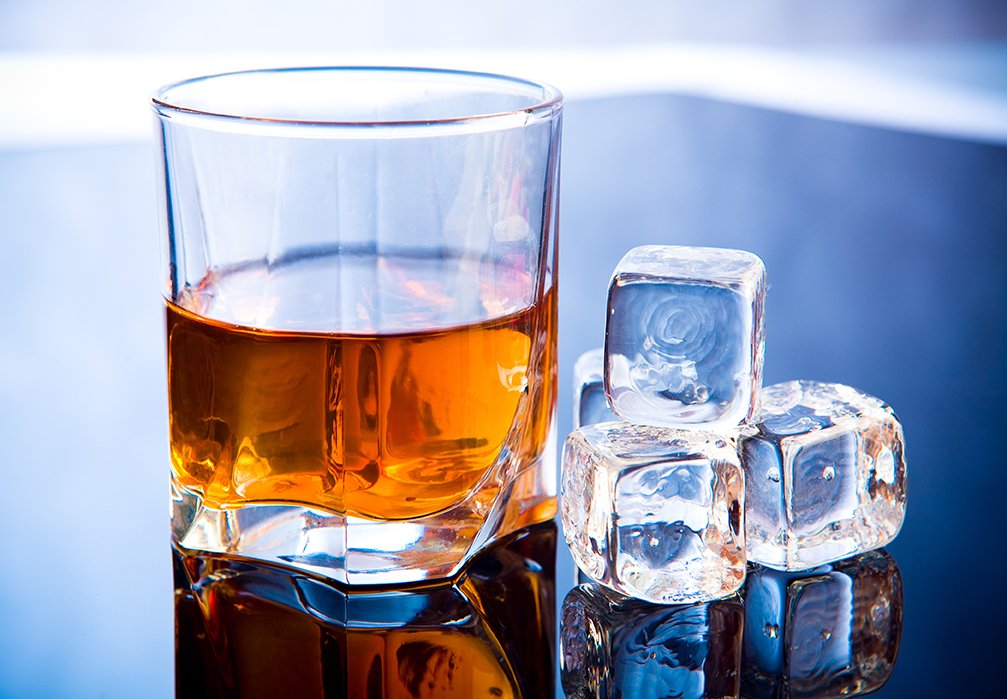Kentucky Bourbon as an Agricultural and Economic Engine
Bourbon, a quintessential part of the American spirit, holds a special place in the heart of Kentucky. Known as the "Bourbon Capital of the World," the state has a rich heritage deeply intertwined with bourbon distilleries. Beyond being a cherished cultural icon, these distilleries play a pivotal role in Kentucky's economy and agriculture. In this blog post, we will explore the importance of bourbon distilleries in driving economic growth, promoting tourism, and supporting the agricultural sector in the Bluegrass State.
Economic Impact
Bourbon distilleries are significant contributors to Kentucky's economy. The bourbon industry generates billions of dollars in revenue and supports thousands of jobs across the state. From distillery operations and manufacturing to distribution and tourism, the economic impact ripples throughout various sectors.
Bourbon production creates a demand for agricultural commodities like Kentucky corn (15-20 million bushels worth), wheat, barley, and rye, stimulating local farming. Farmers benefit from a steady market for their crops, ensuring a stable income and fostering agricultural growth. The revenue generated by bourbon distilleries also fuels investments in infrastructure, research and development, and local businesses, driving overall economic prosperity in Kentucky.
Tourism and Cultural Heritage
Kentucky's bourbon distilleries serve as cultural landmarks, attracting visitors from around the world. Tourists flock to the state to explore the bourbon trail, a network of distilleries offering immersive experiences and guided tours. These tours provide an opportunity to learn about the history, craftsmanship, and unique flavors of bourbon.
The tourism industry around bourbon distilleries is a significant source of revenue for local communities. Visitors spend money on accommodations, dining, transportation, and souvenirs, stimulating growth in the hospitality and retail sectors. The cultural heritage associated with bourbon production also preserves Kentucky's traditions and fosters a sense of pride among its residents.
Job Creation and Industry Growth
Bourbon distilleries create employment opportunities across various fields. From master distillers and warehouse workers to sales representatives and marketing professionals, the industry offers a diverse range of careers. The demand for skilled labor in bourbon production and related services further boosts job creation and economic development.
Moreover, the growth of bourbon distilleries in Kentucky has spurred innovation and entrepreneurship. The success of established distilleries has inspired a wave of craft distilleries, contributing to the diversification and expansion of the industry. These smaller-scale operations create additional employment opportunities and inject vitality into local economies.
Preservation of Agricultural Traditions
Kentucky's bourbon distilleries rely on locally sourced agricultural ingredients, creating a symbiotic relationship with the farming community. The demand for high-quality grains ensures the preservation of agricultural traditions and incentivizes sustainable farming practices. Distilleries often establish long-term relationships with local farmers, promoting stability and supporting rural communities.
Additionally, the byproducts of bourbon production, such as spent grain, are repurposed as livestock feed or utilized for other agricultural purposes, minimizing waste and promoting a circular economy. This sustainable approach further strengthens the bond between bourbon distilleries and the agricultural sector.
Bourbon distilleries are not just producers of a cherished spirit; they are catalysts for economic growth, promoters of tourism, and guardians of Kentucky's agricultural heritage. These distilleries drive job creation, attract visitors, and foster a thriving ecosystem of local businesses. By preserving agricultural traditions and supporting farmers, bourbon distilleries continue to shape Kentucky's economy and reinforce its status as the unrivaled home of bourbon.
Learn more about bourbon with the Kentucky Distiller’s Association

